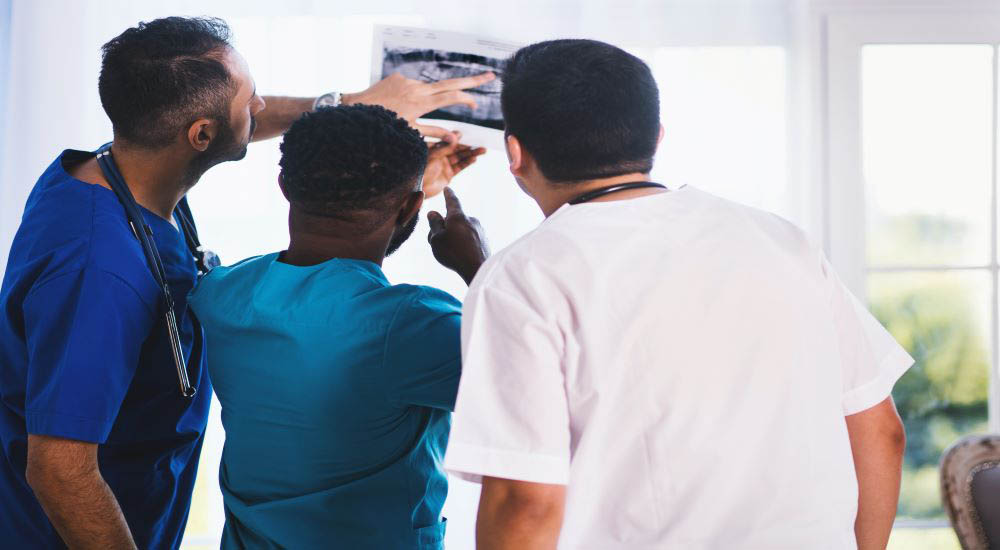On this National Rural Health Day we reflect on the strides VA has made in improving care for rural Veterans. But there are challenges still facing this community.
Recent findings from the 2020 census show that while the majority of metropolitan areas grew over the last decade, the number of Americans who live in rural areas dropped. Cities and suburbs gained 21 million people in the past ten years while rural areas lost a little over 220,000.
These rural counties are experiencing significant employee shortages across all fields – especially health care.
The situation is challenging. Eighty percent of rural America is considered medically underserved, meaning there aren’t enough medical professionals in these areas to treat its population. Clinician shortages can prevent rural Veterans from receiving critically important care, often resulting in decreased quality of life and health conditions.
As part of its mission to improve the well-being of rural Veterans, VA’s Office of Rural Health (ORH) has developed targeted initiatives to improve the recruitment and retention of rural health care providers and researchers.
The Rural Interprofessional Faculty Development Initiative (RIFDI)
This two-year training program was developed in partnership with VA’s Office of Academic Affiliations to improve the recruitment and retention of rural health care providers. The program offers providers the opportunity to attend conferences, participate in workshops, and engage in group research projects to enhance their knowledge of rural Veterans’ treatment.
RIFDI also strives to increase the number of available providers for Veterans in rural communities. 70% of highly rural VA medical centers have added physician residents to their staff and nearly 80 VA clinicians have received training through the program to date.
The Rural Health Career Development Awards (CDA) Program
Rural populations are often overlooked by public health researchers. To fill this knowledge gap, ORH and VA’s Health Services Research & Development team formed the Rural Health CDA Program. This initiative provides early-career academics with a combination of funding and mentorship to conduct research on issues related to rural Veteran health.
Researchers in the program receive dedicated time and funding over a two-year period to carry out their project and publish their findings. These findings are used to improve future delivery and quality of care for rural Veterans.
The ORH Rural Scholars Fellowship (RSF) Program
Given the skeleton staffs of many rural health care facilities, local providers may experience feelings of academic and professional isolation. To help overcome this barrier, ORH developed the Rural Scholars Fellowship Program. The program provides rural clinicians with mentorship and professional development opportunities. This offers them the tools to lead projects aimed at improving Veteran care in their local clinics.
These opportunities encourage rural providers to become leading innovators in their field and stay up to date on best practices for treating rural Veterans.
Striving to improve delivery of health care to rural Veterans
For more information about VA’s rural workforce efforts, watch ORH’s National Rural Health Day video here.
These programs are just the beginning of the solution to tackle the longer-term problem of rural health provider shortages. Through these programs, and others like them, VA strives to improve delivery of quality health care to the Veterans who call rural communities home.
Learn more about VA’s Office of Rural Health and these programs.
Topics in this story
More Stories
The Medical Foster Home program offers Veterans an alternative to nursing homes.
Watch the Under Secretary for Health and a panel of experts discuss VA Health Connect tele-emergency care.
The 2024 National Veteran Suicide Prevention Annual Report provides the foundation for VA’s suicide prevention programs and initiatives.







Nurse practitioners are being used heavily . My pcp is one. There Is good and bad about any answer.
I’M JUST GLAD VA is actively involved in helping it made a big difference in our area…..